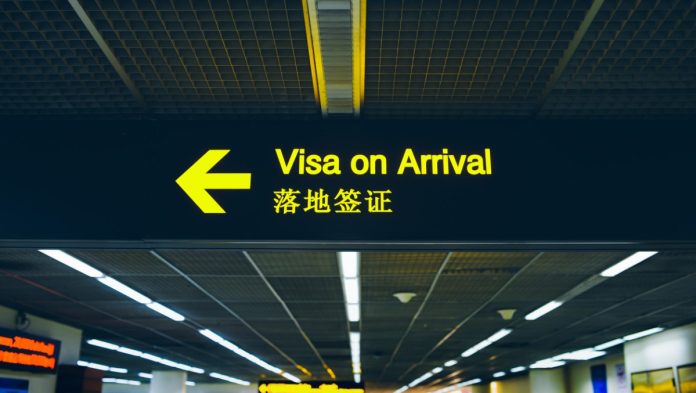The Thai cabinet has approved, in principle, a medical treatment visa scheme to attract wealthier foreign tourists who can afford to pay for medical treatment for a long period, in line with the government’s policy of promoting wellness and medical tourism.
The multiple entry visa will be valid for one year and is non-renewable, and the visa holder can be accompanied by up to three people.
The traveller can stay in Thailand for no more than 90 days at a time and if the patient needs further medical treatment in the country, they must report to immigration authorities every 90 days, as well as show the medical certificates issued by state or private hospitals where they are admitted.
The current rules are that medical tourists use 60-day tourist visas that can be extended only for up to another 30 days. Many in Thailand for long-term medical treatment had to make border runs every three months to get a new visa.
Medical tourists applying for this visa must have health conditions that Thailand’s hospitals are able to treat. They include anti-ageing and regenerative medical treatment, coronary artery disease, cancer, dental care, and cosmetic surgery.
Applicants must show a bank statement that proves they have at least 800,000 baht (US$23,700) to cover their expenses in Thailand
They must show confirmation of an appointment with healthcare professionals in Thailand issued at least 30 days before travelling overseas. They will also need accident and Covid-19 insurance policies with a minimum coverage of US$100,000 (3 million baht).
The Government has stressed the need for state and private agencies involved to adjust their action plans in accordance with health safety precautions.
The Tourism Authority of Thailand’s (TAT) new plan promotes medical and wellness tourism for 2022, shifting the focus from quantity to quality or those with the ability to spend between 80,000-120,000 baht (US$2,400-3,500) each.
The Ministry of Public Health is pushing for Thailand to be recognised as a medical hub under a plan started in 2017 that will run until 2026. The plan includes using Thai herbal medicine to promote the wellness of tourists.








 ©2024 All rights reserved LaingBuisson
©2024 All rights reserved LaingBuisson 


